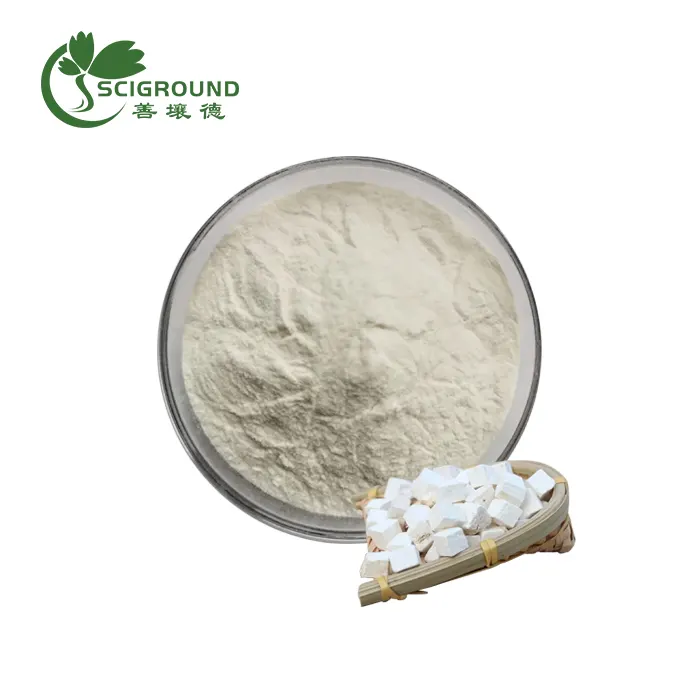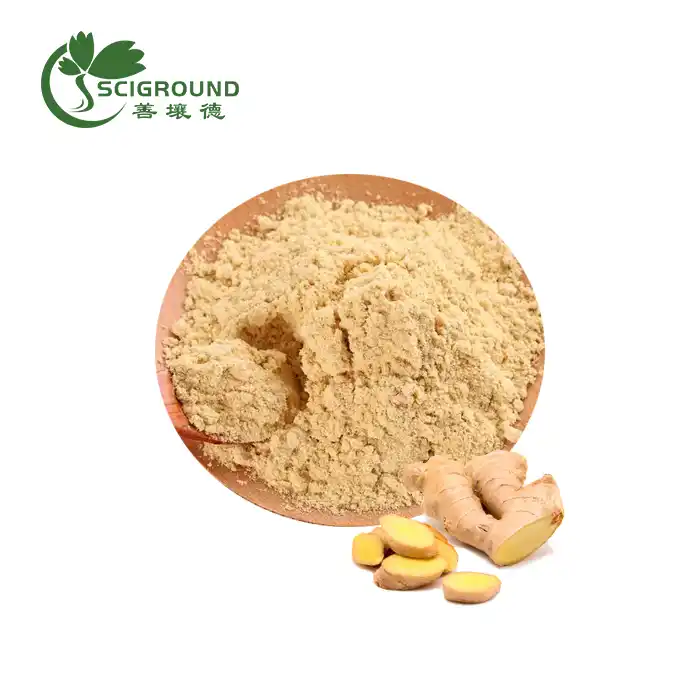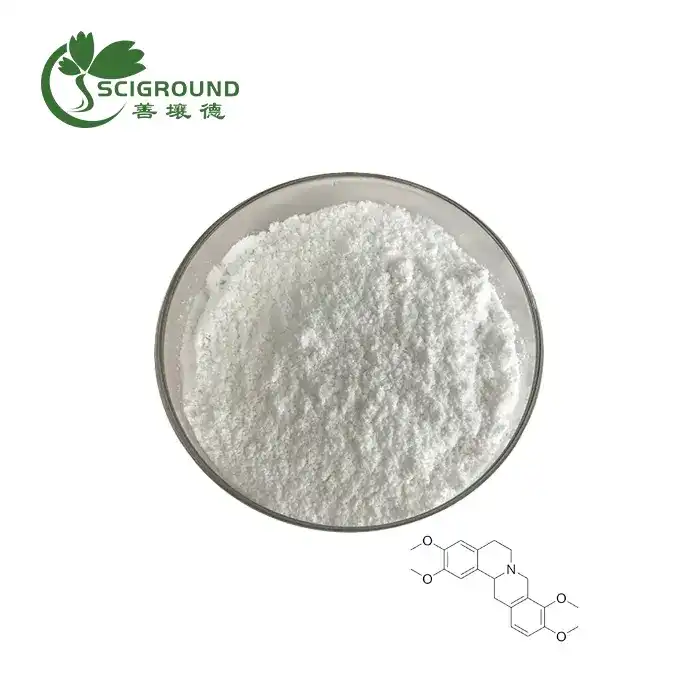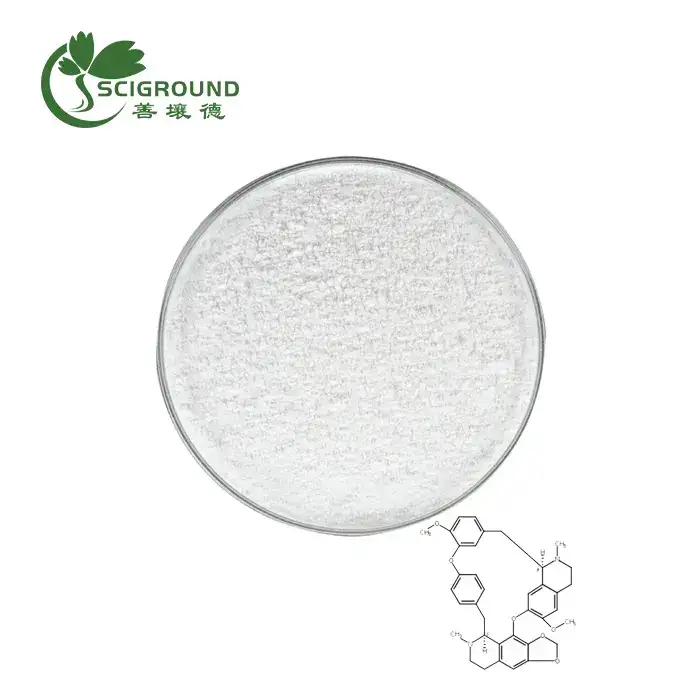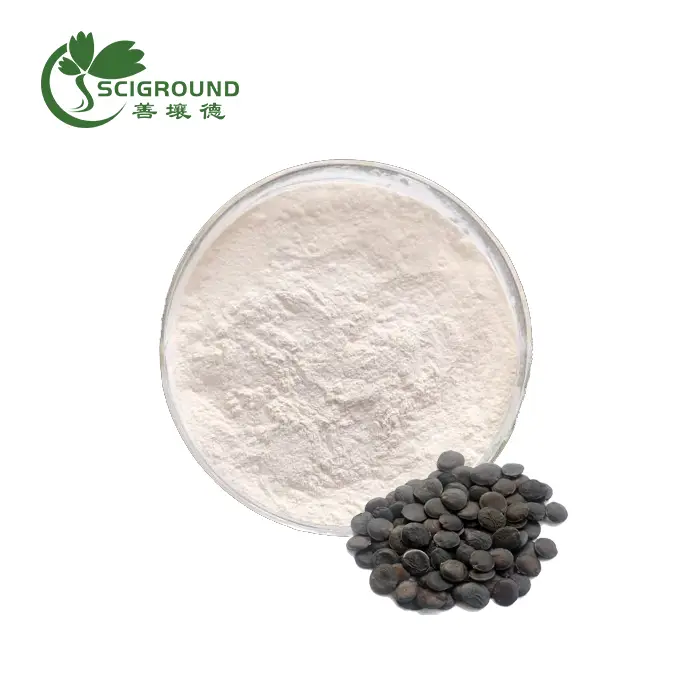Does Vitamin B12 Give You Energy
Vitamin B12 is an essential nutrient that plays many critical roles in the body. One common question is whether it can boost low energy levels. Here, I'll explore the link between B12 and energy, optimal intake, ways to increase levels, and the timing of effects from supplementation.
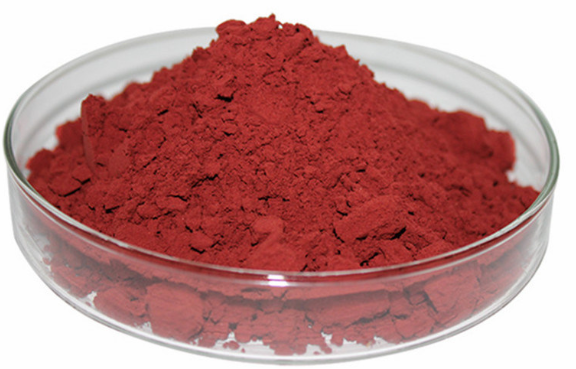
The Link Between Vitamin B12 and Energy Levels
Vitamin B12 supports energy production in a few key ways:
It helps convert food into glucose, which cells use for energy. B12 is needed to metabolize proteins, fats and carbohydrates to produce ATP, the cellular fuel.
It enables red blood cell formation. Red blood cells carry oxygen, which combines with glucose to power cells. Without enough B12, fewer red blood cells transport oxygen.
It maintains the nervous system by forming the protective myelin sheath around nerve cells. The nerves control energy regulation like appetite, wakefulness, digestion.
When vitamin B12 powder levels get too low, vital bodily processes suffer. Symptoms of deficiency include fatigue, weakness, lightheadedness, rapid heartbeat, shortness of breath, headaches, and impaired concentration and memory.
B12 deficiency prevents the efficient use of oxygen and nutrients for fuel. Anemia from low B12 causes widespread oxygen depletion in the body's tissues. And nerve damage can disrupt proper energy regulation signals involving hormone balances and circadian rhythms.
Correcting a B12 deficiency by replenishing levels is clinically shown to reduce exhaustion. But for those getting enough B12 already, extra supplementation is unlikely to provide an energy boost beyond placebo effects.
How Much Vitamin B12 Do You Need?
The recommended daily intake of B12 for adults is 2.4 mcg. This rises slightly to 2.4-2.8 mcg for those over 50 years old to compensate for decreased absorption.
Many fortified foods provide Vitamin B12, including cereals, plant milks, nutritional yeasts, meat analogs, and energy bars. Calf liver, clams, mackerel, trout, salmon, tuna, crab, beef and eggs also supply substantial B12.
People who follow plant-based diets must take a B12 supplement or eat fortified foods to meet needs, as plants do not contain this vitamin. Those with absorption issues like Crohn’s disease and celiac disease often require a higher daily B12 intake.
Consuming well above the recommended amount of B12 has no proven benefits and may negatively affect energy metabolism. Extremely high doses over 1000 mcg can potentially lead to skin, nerve, and psychiatric side effects.
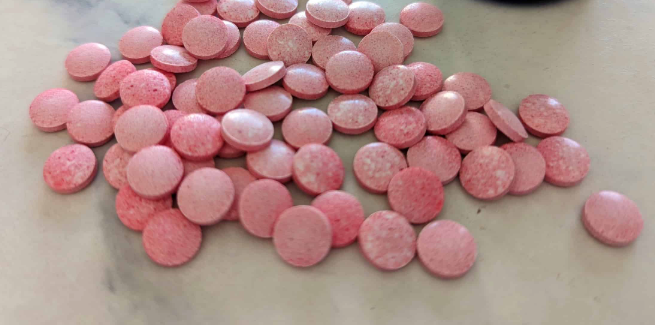
How to Boost B12 Levels
If lab tests confirm a B12 deficiency, high dose oral supplements or B12 injections can restore levels. Speak to your doctor to determine the right regimen based on severity.
For those not deficient who wish to optimize their intake, helpful strategies include:
Eat B12-rich animal products like eggs, dairy, shellfish, fish, poultry and lean meat a few times weekly.
Choose fortified plant milks, cereals, nutrition bars and yeasts regularly.
Take a standard multivitamin, B-complex or standalone B12 with 100% daily value.
If on metformin or acid reducers, watch for deficiency symptoms since these drugs can lower B12 levels.
Those with gastric bypass surgery require B12 injections or high oral doses as absorption is impaired.
Get periodic lab tests to check your B12 status, especially if over 50 years old.
Addressing any digestive or absorption issues can help normalize B12 levels as needed through proper breakdown and assimilation of B12 from foods and supplements.
B12 Vitamin Supplements
While those with deficiencies benefit from therapeutic high doses, most people looking to optimize energy only require supplements aligning with the standard daily B12 intake.
Multivitamins typically contain 6-25 mcg of B12, exceeding the recommended requirement. Standalone B12 tablets are also widely available in doses of 500 mcg or less.
The body absorbs only a percentage of oral B12, so these delivery methods maintain adequate levels for those without deficiencies. Sublingual tablets held under the tongue increase absorption.
Only consume higher supplement doses if medically advised for a deficiency. Avoid unnecessary injections, high dose pills, or megadoses over 1000 mcg to prevent potential toxicity.
Look for reputable brands of supplements made with high quality manufacturing processes. Cyanocobalamin, the common form, efficiently converts to active B12 in the body.
How Quickly Does Vitamin B12 Work for Fatigue?
In those with a bulk vitamin B12 deficiency contributing to exhaustion, effects from supplementation begin gradually but can take one to two months to fully boost energy and stamina and resolve other symptoms.
This extended time frame relates to B12’s complex metabolism and the gradual repletion of depleted stores. Nerve conduction also improves slowly as myelin sheaths are repaired.
For optimal absorption, most experts recommend dividing the total daily B12 dose rather than one large weekly amount. Patience is required when correcting deficiency-related fatigue.
If tiredness persists after correcting B12 deficiency with adequate supplementation, further medical evaluation is worthwhile to identify any other potential causes.
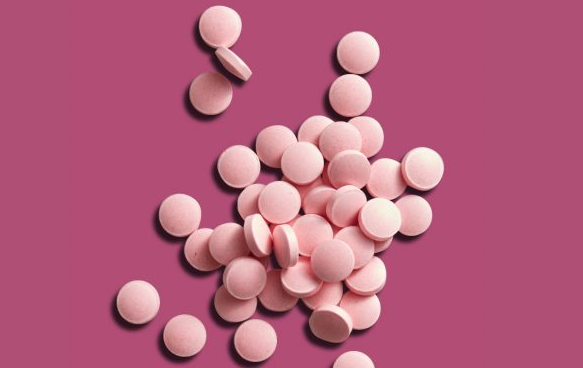
Does B12 Give Instant Energy?
For healthy people with no deficiency, supplementing B12 does not provide instant energy. Since B12 enables but does not directly stimulate energy production, effects build slowly based on physiology.
Perceived immediate boosts in energy or focus within hours of taking a B12 supplement likely stem from placebo effects. Caffeine, sugar and other stimulants acutely enhance alertness more than vitamins.
While B12 contributes to processes involved in energy over time by facilitating metabolism and oxygen delivery, it does not offer rapid stimulation. Those with deficiency will need sustained supplementation to resolve fatigue.
Will Vitamin B12 Help with Fatigue?
Vitamin B12 can absolutely help reduce exhaustion associated with its deficiency. Supplements also benefit those with suboptimal B12 intake falling short of deficiency.
However, for the otherwise healthy general population already getting adequate B12, taking more via supplementation is unlikely to impact regular fatigue, tiredness, or drowsiness.
The unexplained chronic fatigue of syndromes like CFS does not appear to be relieved by extra B12 intake. Research indicates B12 supplements do not reduce fatigue in those without deficiency.
B12 restores normal energy disrupted by deficiency. But it cannot meaningfully energize people with healthy baseline B12 levels achieved through diet and daily recommended intakes.
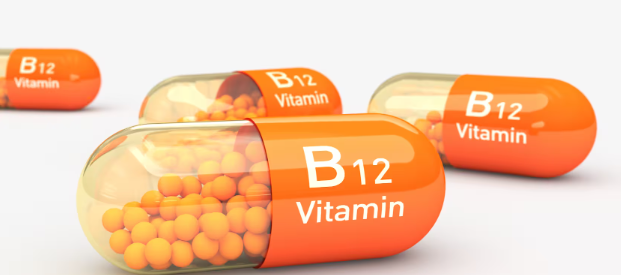
How Much B12 Should I Take to Increase Energy?
Unless you have a B12 deficiency, the standard daily dose of 2.4-2.8 mcg from food and supplements suffices and higher amounts provide no energy benefits. Avoid excessive intake without medical need.
Consuming up to 100 mcg per day from a multivitamin or supplement is reasonable for those concerned about vitamin B12 powder bulk absorption declining with age over 50 years old. But megadoses have no proven advantages.
Focus more on balanced nutrition, regular exercise, stress management, mental health support and restorative sleep to maintain healthy energy levels. While B12 contributes, it is not a quick or potent stimulant.
Frequently Asked Questions about Vitamin B12 and Energy
Here are answers to common questions about the relationship between B12 and energy:
Does B12 really increase energy in healthy people?
B12 corrects fatigue caused by its deficiency but does not boost energy in those already getting enough B12 without deficiencies. It enables but does not directly stimulate energy production.
How long does it take to feel effects from B12 supplementation?
Deficiency treatment results emerge gradually over 1-2 months. Otherwise perceived energy improvements likely stem from placebo, not the B12 supplement itself.
Can you take too much B12 hoping for more energy?
Yes, megadoses over the standard daily requirement can disrupt energy metabolism and mood. Stick to recommended daily intakes unless treating a diagnosed deficiency.
What’s the ideal type of B12 supplement for energy?
Standard multivitamins, fortified foods and standalone B12 tablets or lozenges are ideal for maintenance and prevention of deficiency and related fatigue.
Do B12 injections increase energy if you’re not deficient?
No, B12 injections provide no additional benefits if you already get enough B12 from diet and oral supplements. Get tested for deficiency before pursuing injections.
What are warning signs of low B12 levels?
Fatigue, weakness, heart palpitations, confusion, memory lapses, numbness or tingling, gait changes, low appetite, and megaloblastic anemia symptoms like shortness of breath.
References:
Vitamin B12 Fact Sheet for Consumers. NIH. https://ods.od.nih.gov/factsheets/VitaminB12-Consumer/
Vitamin B12. Oregon State University. https://lpi.oregonstate.edu/mic/vitamins/vitamin-B12
Vitamin B12 deficiency. Mayo Clinic. https://www.mayoclinic.org/diseases-conditions/vitamin-b12-deficiency-anemia/symptoms-causes/syc-20350135
Vitamin B12 and Fatigue. Healthline. https://www.healthline.com/health/vitamin-b12-and-fatigue
Vitamin B12 for Energy. WebMD. https://www.webmd.com/diet/supplement-guide-vitamin-b12-and-energy
Vitamin B12 shots for energy. Medical News Today. https://www.medicalnewstoday.com/articles/320968
Vitamin B12 and fatigue: What you need to know. Medical News Today. https://www.medicalnewstoday.com/articles/319875
Vitamin B12 (Cobalamin). CS Mott Children's Hospital. https://www.mottchildren.org/health-library/za2094
Vitamin B12 and Energy: Separating Fact from Fiction. Healthline. https://www.healthline.com/nutrition/vitamin-b12-and-energy
About Author

Celine Xu is a botanist with over 15 years of experience researching and developing plant extracts for nutritional and pharmaceutical applications. She leads an R&D team focused on identification, cultivation and extraction of medicinal plants. Celine Xu earned a Ph.D. in Plant Biology has authored numerous articles in peer-reviewed journals about the health benefits of specific phytochemicals. She frequently speaks at industry conferences about new developments in plant extract research. Celine Xu is dedicated to advancing the scientific understanding of how targeted plant compounds can be used to improve human health.
Related Industry Knowledge
- What are the benefits of Mallow Extract?
- What is Ajuga turkestanica extract used for?
- What does L-citrulline do for a man?
- How Much Vitamin B5 for Acne
- Fisetin: Benefits, side effects, dosage
- L-Ornithine Benefits
- Unraveling the Science Behind L-Leucine
- Puerarin Extract: Unlocking the Potential of Nature's Gift
- Want to Boost Your Health? Try Vitamin B1 Powder!
- A Scientific Exploration of L-Arginine HCL Powder’s Benefits and Applications
